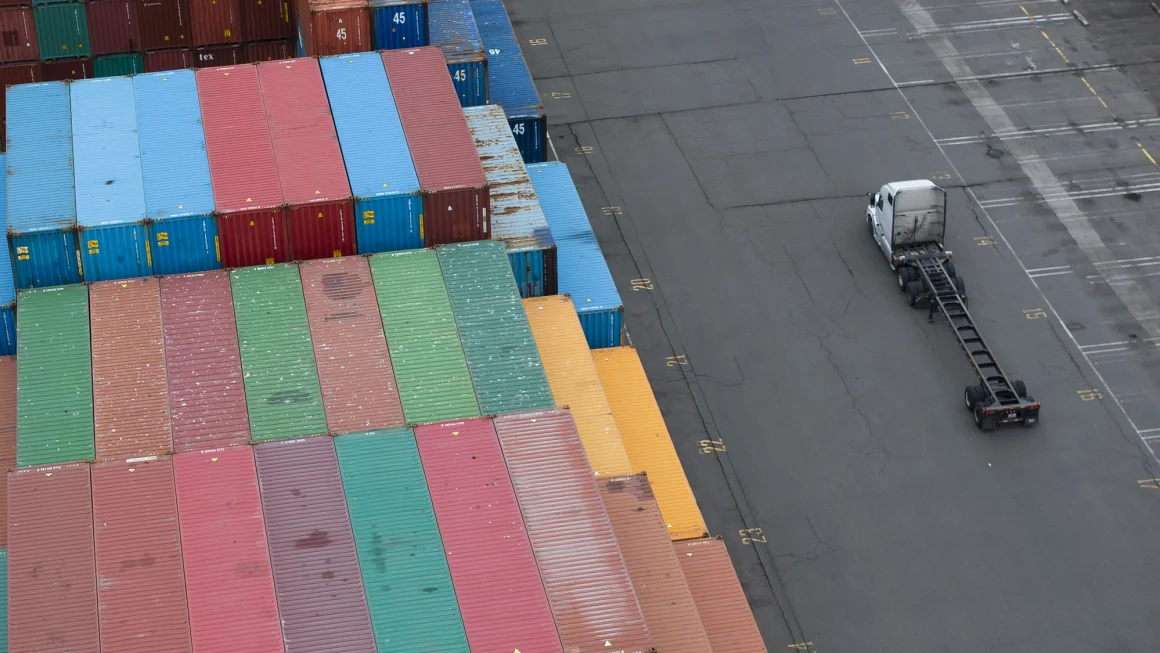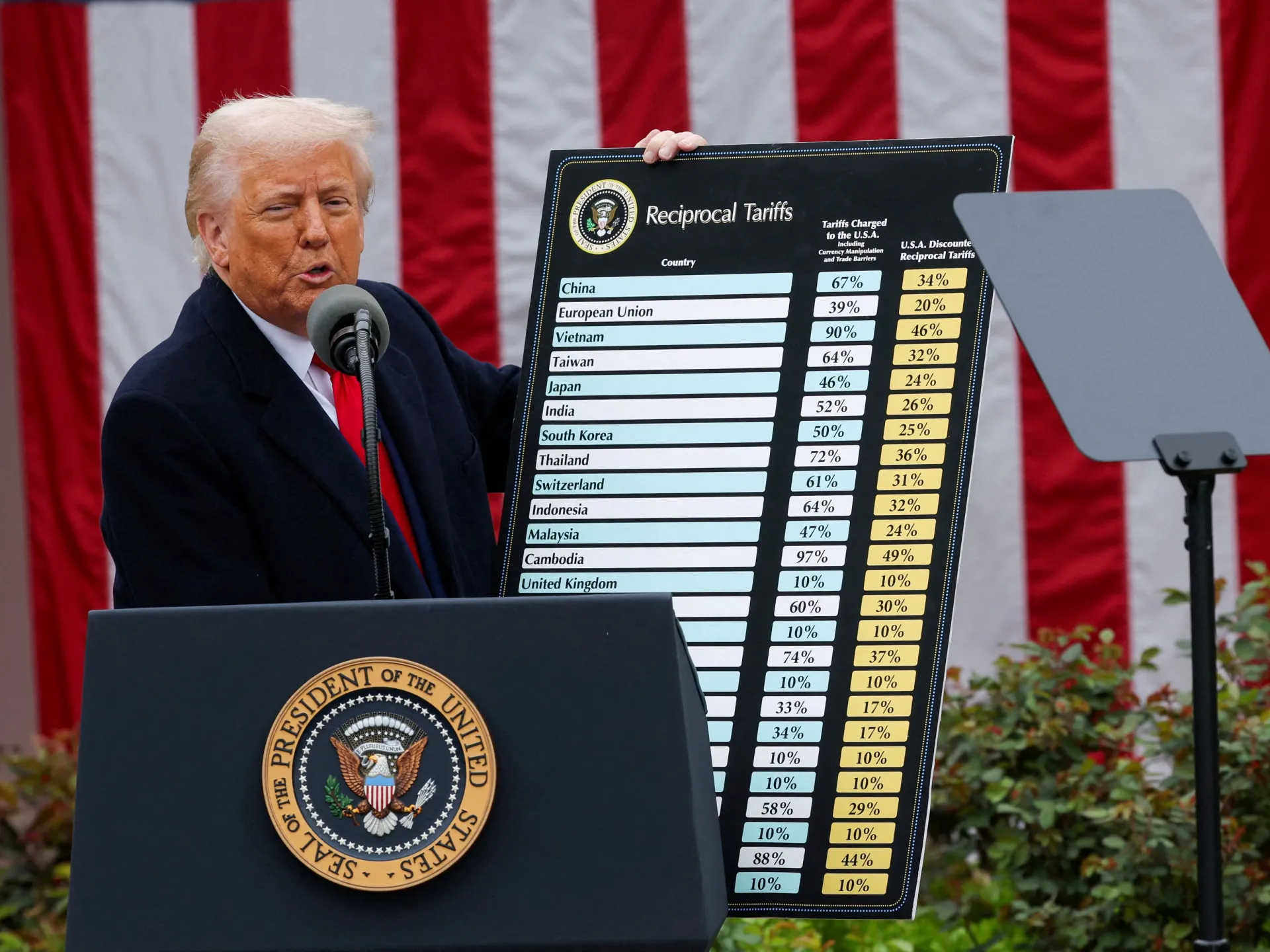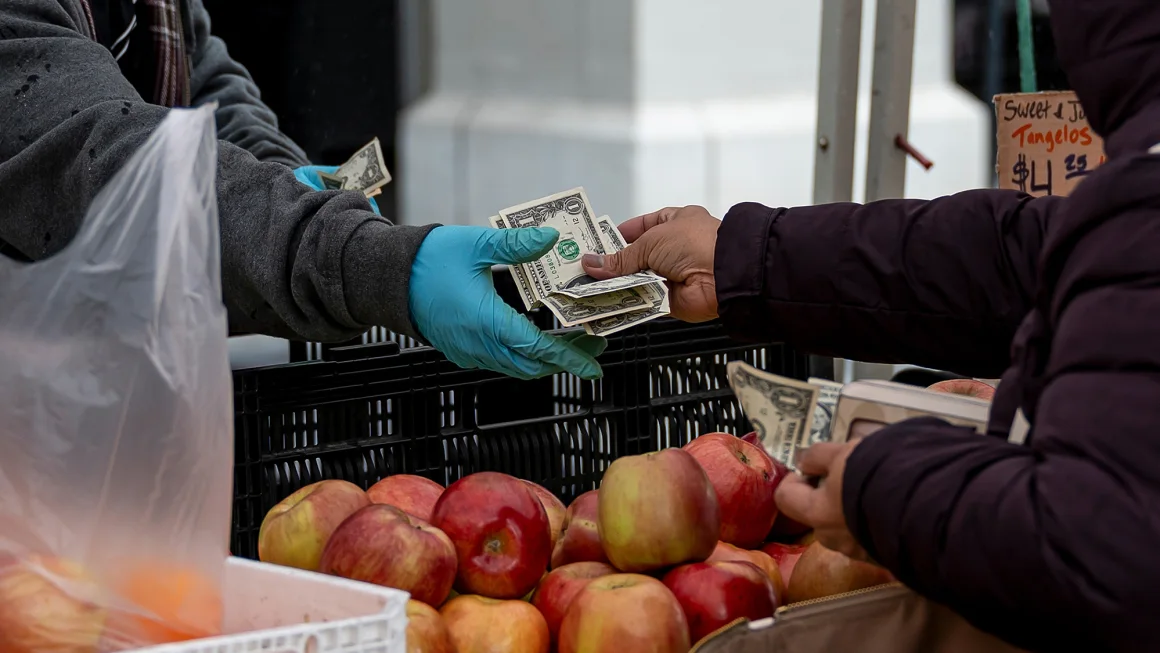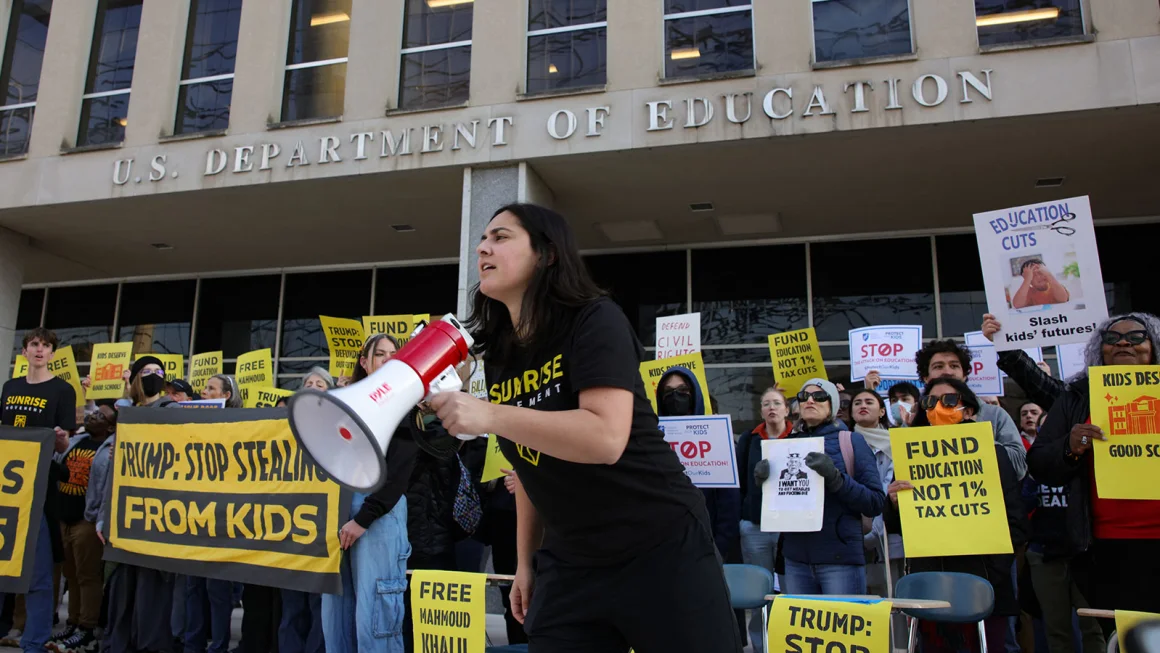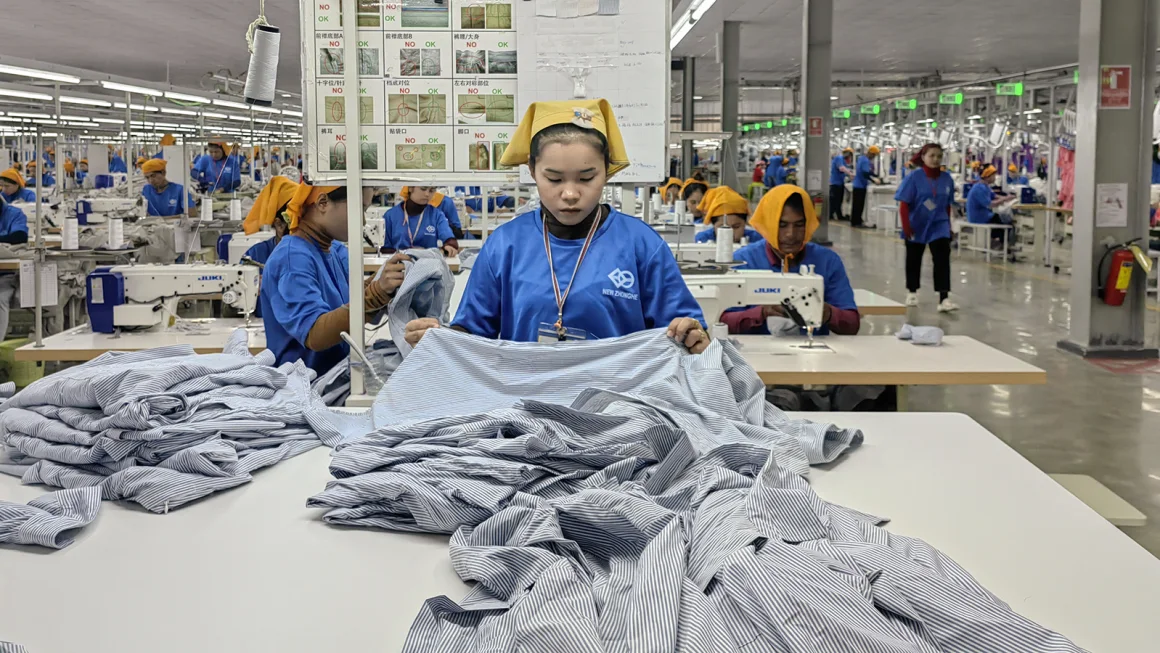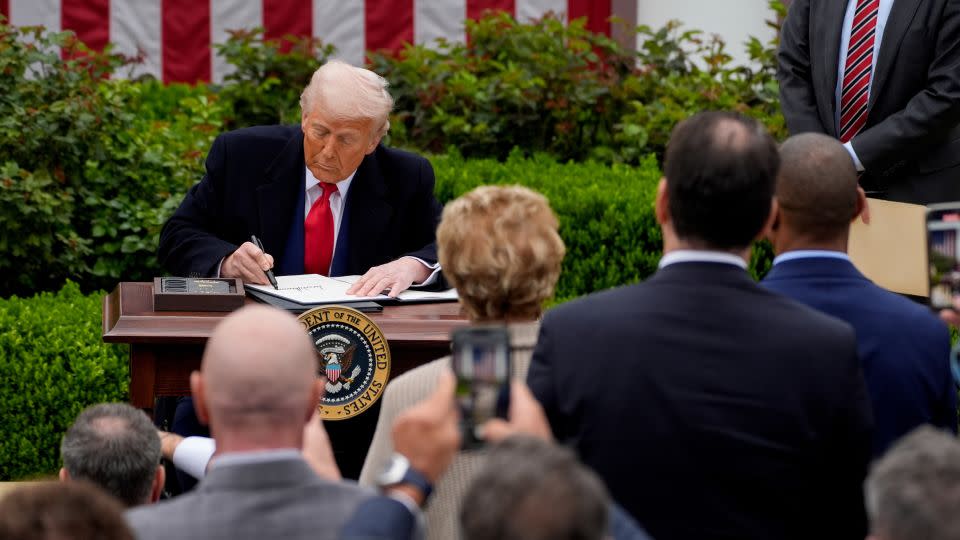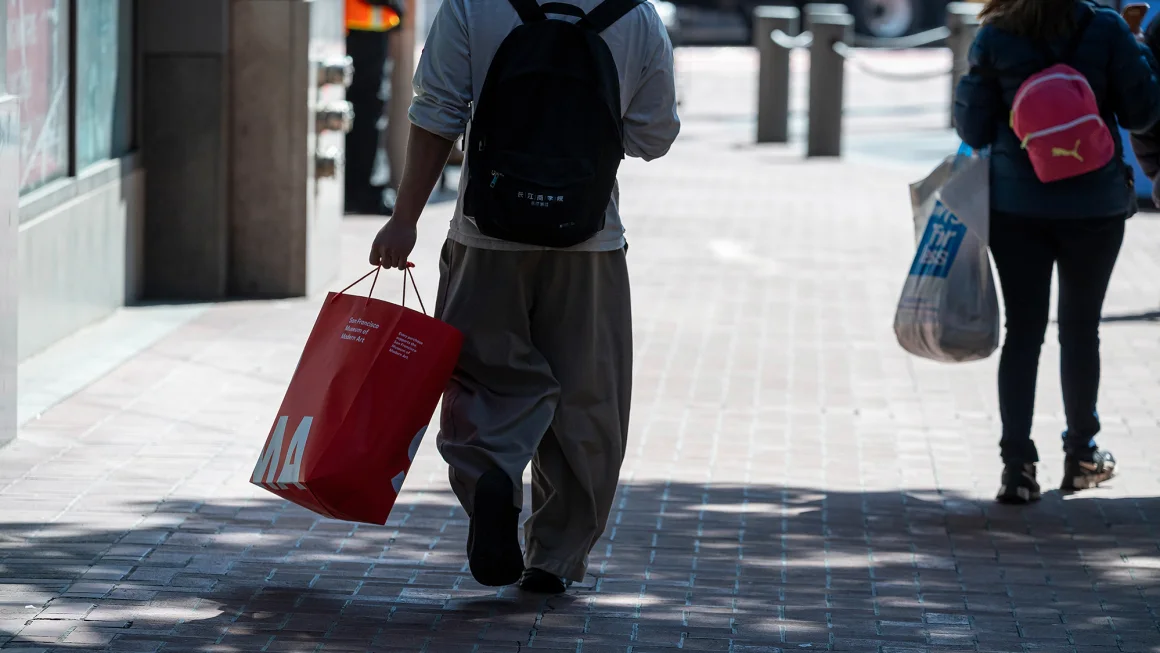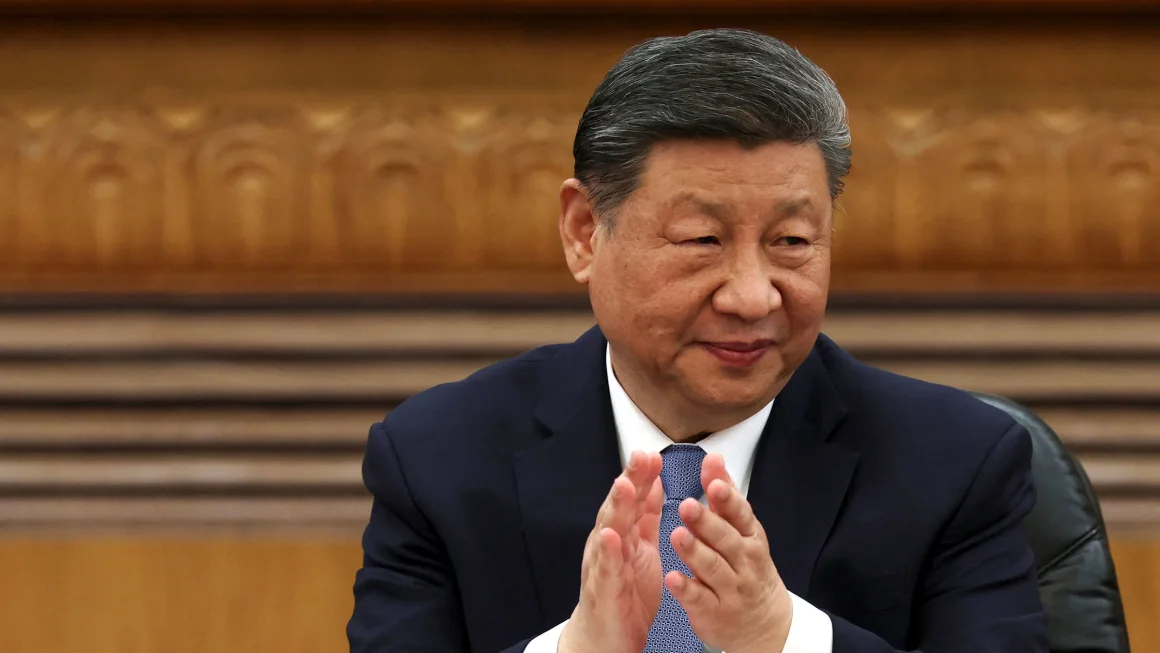
Chinese President Xi Jinping recently hosted a gathering with over 40 global business leaders in an effort to boost foreign investment amid a deepening trade conflict with the United States. His appeal came just days before U.S. President Donald Trump is set to unveil a new round of tariffs targeting multiple countries, including China.
During the meeting, Xi worked to reassure investors about China’s economic outlook, hoping to stem a decline in foreign investment. He presented China as an ideal environment for foreign enterprises, highlighting its stability and growth potential. Among those in attendance were prominent executives like FedEx CEO Raj Subramaniam and Qualcomm’s Cristiano Amon, to whom Xi encouraged further investment in the country.
“China has always been, is, and will remain a fertile ground for foreign businesses to thrive,” Xi stated, emphasizing that China was committed to improving market access, ensuring fair treatment for foreign companies, and maintaining open communication with investors. He underscored the critical role foreign businesses play, contributing to a third of China’s imports and exports, one-seventh of its tax revenue, and creating millions of jobs.
Xi also urged multinational corporations to take a stand against actions that could harm global supply chains, seemingly referencing Trump’s trade policies. “Disrupting the safety and stability of the global industrial supply chain harms everyone,” he warned, advising businesses not to follow actions that could “turn back the clock on progress.”
This message appeared to indirectly criticize Trump’s approach, with Xi noting that “blocking others’ paths will only obstruct your own.”
The meeting included several high-profile executives, such as Daimler AG’s Ola Källenius, Sanofi CEO Paul Hudson, and HSBC CEO Noel Quinn, as well as influential figures like Ray Dalio of Bridgewater Associates, BMW Chairman Oliver Zipse, and Toyota’s Akio Toyoda. These leaders remained in Beijing following the China Development Forum, where Premier Li Qiang had also called for resistance to protectionism amid growing global instability.
Li had previously stated that China was preparing for potential external shocks and urged foreign companies to continue investing despite these challenges.
Apple CEO Tim Cook, who met with Chinese Commerce Minister Wang Wentao, pledged to increase Apple’s investment in China, focusing on supply chain, R&D, and social welfare. Wang criticized the U.S.’s unilateral tariffs, which have added uncertainty to the global market, while reaffirming China’s openness to collaboration with the U.S. to create a more stable business environment.
China’s Economic Challenges and Trade Tensions
Despite these efforts, China is facing significant economic hurdles, including a sluggish property market, low consumer spending, and deflationary pressures. Nonetheless, the Chinese government is aiming for 5% economic growth this year, though it has acknowledged the difficulties ahead.
In the first two months of this year, foreign direct investment (FDI) in China fell by 20%, following a substantial 27% drop in total FDI in 2023. This decline has been fueled by escalating geopolitical tensions and tightening national security laws, which have led to an exodus of foreign businesses and capital from the country.
Xi’s outreach is part of a broader strategy to attract both foreign and domestic investment. Last month, he met with top Chinese business leaders, including Jack Ma of Alibaba and Ren Zhengfei of Huawei, urging them to seize the moment to foster growth within the private sector.
However, China’s economic ambitions are being undermined by ongoing trade hostilities with the U.S. Since January, Trump has imposed an additional 20% tariff on all Chinese imports, further exacerbating the trade rift. In response, China has imposed tariffs on select U.S. imports, such as agricultural and energy products, and introduced new export controls on raw materials.
In addition, Premier Li signed an order strengthening China’s anti-sanctions law, which authorizes countermeasures against foreign nations that impose discriminatory actions against China or its citizens.
With further tariff measures expected, the White House is preparing to announce new reciprocal tariffs next week, as part of Trump’s broader initiative to revive U.S. manufacturing and address what he views as unfair trade practices. Despite this, Trump has also suggested he is open to negotiations, with discussions between U.S. and Chinese trade officials possibly occurring soon.
As the trade war intensifies, both China and the U.S. seem to be exploring ways to manage the escalating tensions, with the global business community watching closely for any shifts in policy.

